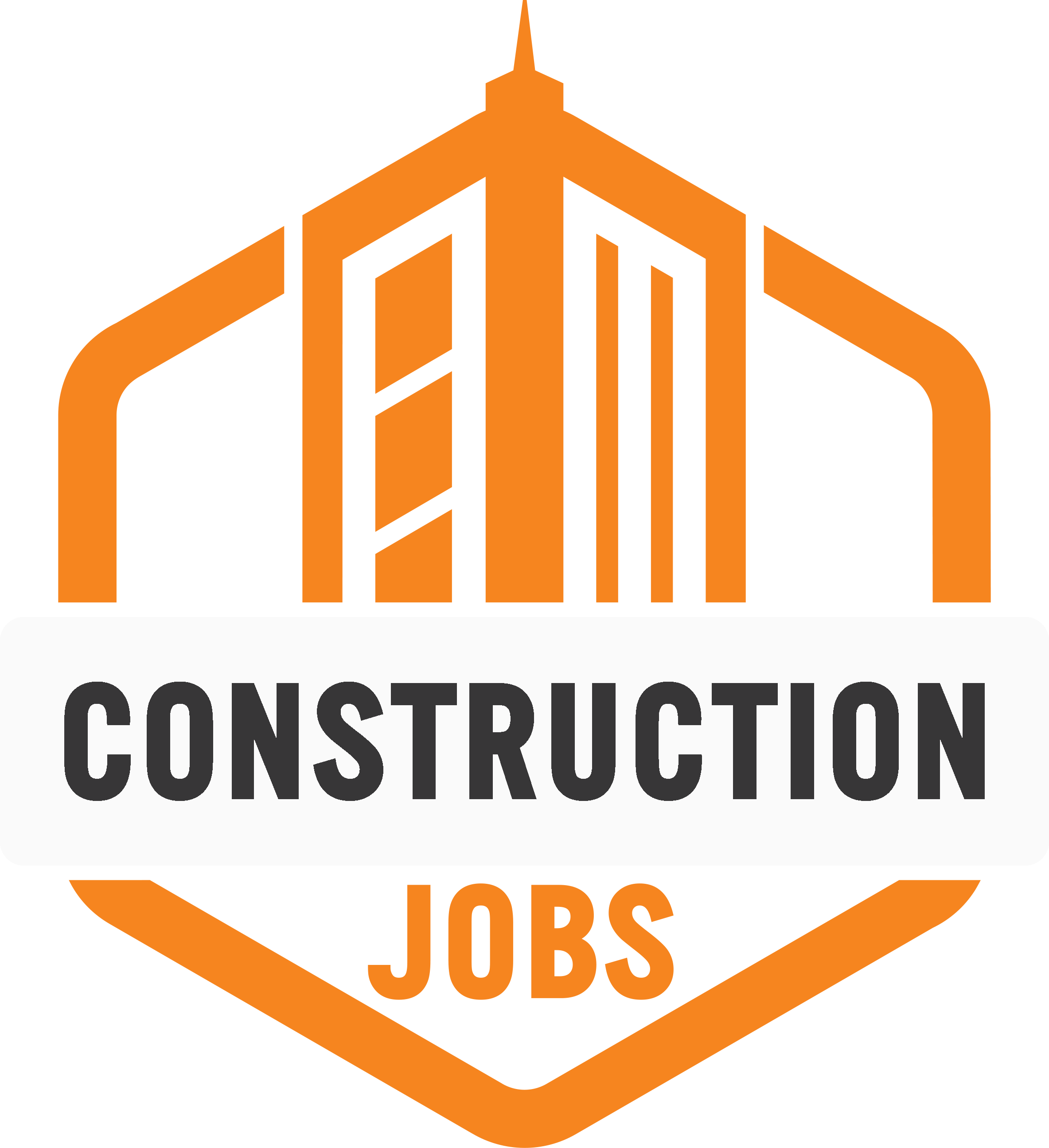5 Most Anticipated Construction Innovations in 2025
Innovation is transforming the construction industry, and construction professionals are at the forefront of this exciting evolution.

The tools at your disposal are more powerful than ever, from groundbreaking technology like digital twins to advanced resources like graphene and nanomaterials. Another trend expected to take center stage in 2025 is sustainability, with net-zero energy buildings and eco-friendly materials reshaping how projects are designed and built. Construction projects aided with practical strategies like modular construction will allow construction teams to tackle complex work faster, more safely, and with a smaller environmental footprint. Below, we share more about these innovations to help you stay competitive and lead the way into the future.
Digital Twins
Digital twin technology offers a virtual version of your project that mirrors every detail in real time. Creating a fully immersive digital environment helps you simulate, plan, and optimize every aspect of construction with precision. Whether testing design scenarios, predicting maintenance needs, or improving workflows, digital twins empower you to make smarter, faster decisions. This tech saves time, minimizes risks, and maximizes efficiency, which gives you a clear edge in a competitive industry.
Graphene and Nanomaterials
Lightweight, high-strength materials revolutionize construction by enhancing building performance while reducing material use and overall project costs. One standout innovation is graphene, a super-strong, ultra-thin material that makes traditional resources smarter and more efficient. When added to concrete, steel, or composites, graphene dramatically improves durability, mechanical strength, and hardness without adding extra weight. It also increases flexibility, allowing structures to withstand stress and environmental forces better. Incorporating this material enhances performance and paves the way for more sustainable and resilient projects that last longer and perform better.
Innovation in MSE Design
Advancements in geosynthetic materials and modular techniques can help you build retaining walls faster and more efficiently. Geosynthetics, like geogrids, reinforce soil and improve load distribution, while modular systems simplify installation without sacrificing quality. Mechanically stabilized earth (MSE) walls take things even further by accommodating total settlements of 3 feet or more, which gives your projects the stability to handle harsh conditions. These walls save time and deliver unmatched durability, making them a practical choice for infrastructure projects that need to stand the test of time.
Net-Zero Energy Buildings
The industry is shifting toward net-zero energy structures. However, it doesn’t stop there — materials like hempcrete take sustainability to the next level. This is a carbon-negative material, which means it absorbs more carbon dioxide during the growth of its hemp components than it emits during production. On top of that, it provides superior acoustic performance by absorbing up to 50% of noise, creating quieter, more comfortable spaces. Using sustainable materials like hempcrete reduces your environmental footprint and builds more energy-efficient structures that contribute to a sustainable future.
Modular and Prefabricated Construction
Modular building techniques deliver unmatched efficiency and cost savings. Fabricating sections of a building off-site in a controlled environment reduces waste, labor costs, and weather-related delays. In fact, one of its most significant advantages is speed. Modular construction can accelerate project timelines by 30%-50%, helping you meet tight deadlines without compromising quality. Whether working on residential, commercial, or infrastructure projects, these techniques offer a faster, more innovative way to complete builds. This strategy saves you time and money while boosting overall productivity.
Leading the Way with Innovation and Sustainability
Staying ahead in the construction industry means embracing emerging technologies and sustainable practices that drive efficiency, reduce costs, and minimize environmental impact. Adopting these innovations lets you position yourself as a leader in creating more practical and resilient projects.
- Share This →

